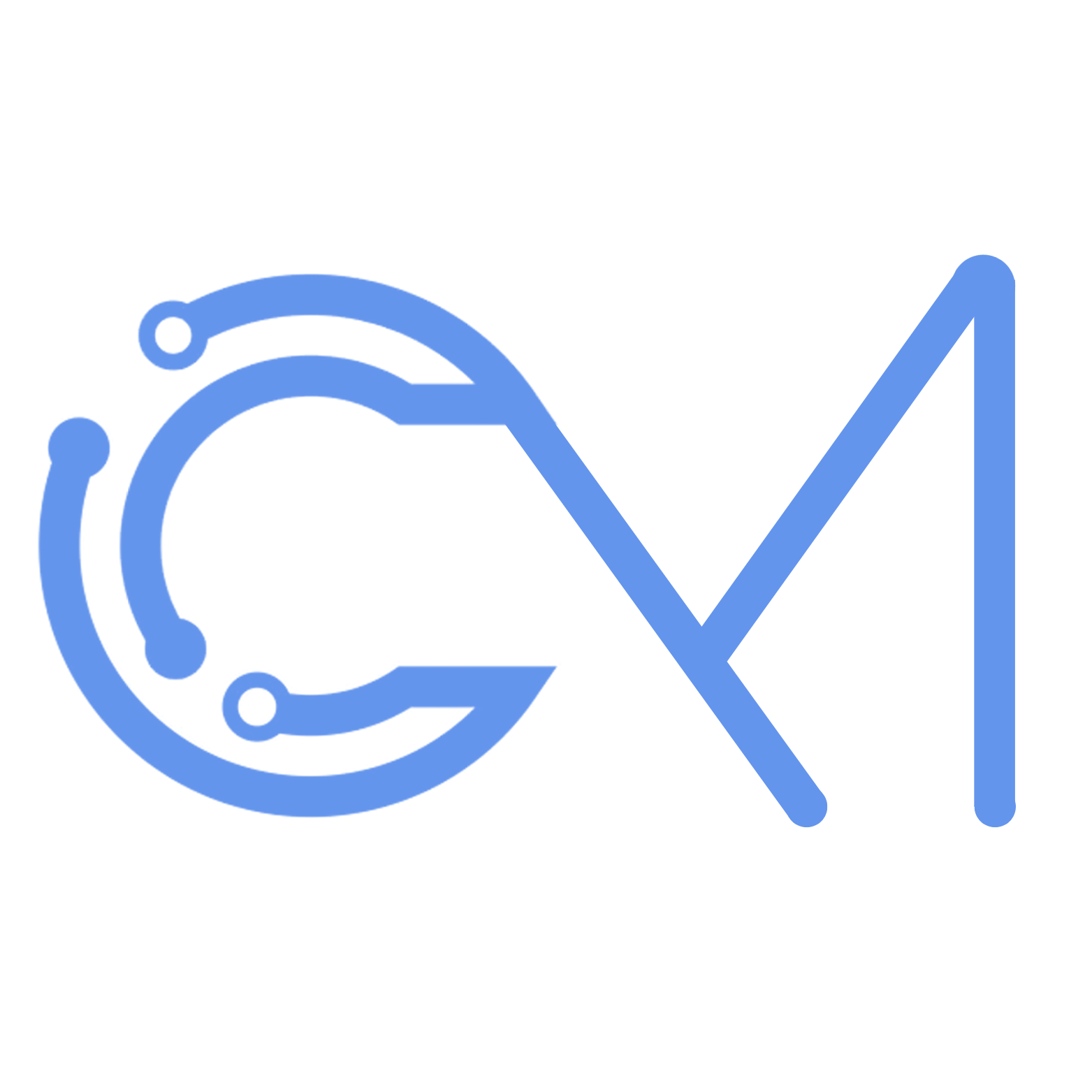Can a Break from Social Media Improve Mental Health?
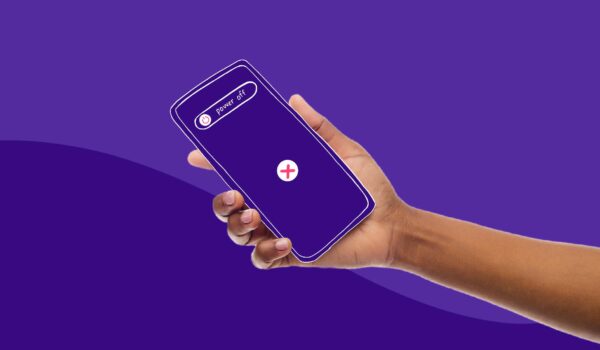
In today’s hyper-connected world, social media platforms like Facebook, Instagram, Twitter, and TikTok have become integral parts of our daily lives. These platforms offer immediate access to news, entertainment, and social interaction. However, concerns have been raised about the effects of excessive social media use on mental health. A growing body of research suggests that social media may contribute to anxiety, depression, and other psychological problems. In response to these concerns, many have wondered, can a break from social media improve mental health?
This article delves into the psychological and cognitive implications of social media use and explores how taking a break from these platforms might improve mental health. We’ll examine the evidence, theoretical frameworks, and practical outcomes to answer the question: can a break from social media improve mental health?
The Psychological Impact of Social Media
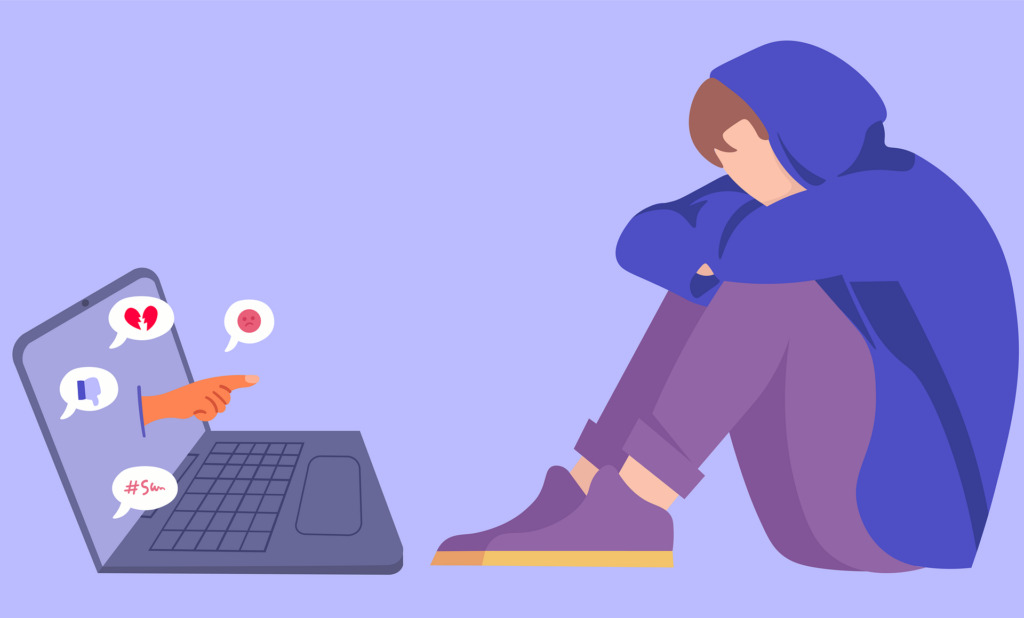
To understand whether a break from social media can improve mental health, it’s essential to first recognize the psychological impact that social media usage has on individuals. Social media platforms are designed to engage users through continuous content, notifications, and the allure of social validation, such as likes and comments. While these features keep people connected, they can also foster unhealthy psychological patterns.
Social Comparison
One of the most prevalent psychological effects of social media is social comparison. Users often compare their lives to the curated, often idealized versions of others’ lives. Research has shown that such comparisons can lead to feelings of inadequacy, jealousy, and lower self-esteem. For instance, a study published in the journal Cyberpsychology, Behavior, and Social Networking found that people who spent more time on Facebook reported higher levels of envy and lower levels of life satisfaction.
When individuals take a break from social media, they remove themselves from this constant cycle of comparison. Without the pressure to measure up to others, they may experience improved self-worth and confidence, leading to better mental health. Thus, can a break from social media improve mental health? The answer seems to be yes, particularly when it comes to reducing the negative effects of social comparison.
Anxiety and Depression
Social media has also been linked to increased rates of anxiety and depression. The constant barrage of information, ranging from distressing news to personal tragedies, can contribute to a state of hyper-arousal. This, combined with the “fear of missing out” (FOMO) that social media induces, can exacerbate feelings of anxiety. Moreover, prolonged screen time has been associated with sleep disturbances, which further worsen mental health.
Several studies support the idea that reducing social media use can alleviate symptoms of anxiety and depression. For example, a 2018 study published in the Journal of Social and Clinical Psychology found that participants who limited their social media use to 30 minutes per day experienced significant reductions in depression and loneliness after just three weeks. This suggests that the answer to the question can a break from social media improve mental health is affirmative, especially for those struggling with anxiety and depression.
Cognitive Effects of Social Media
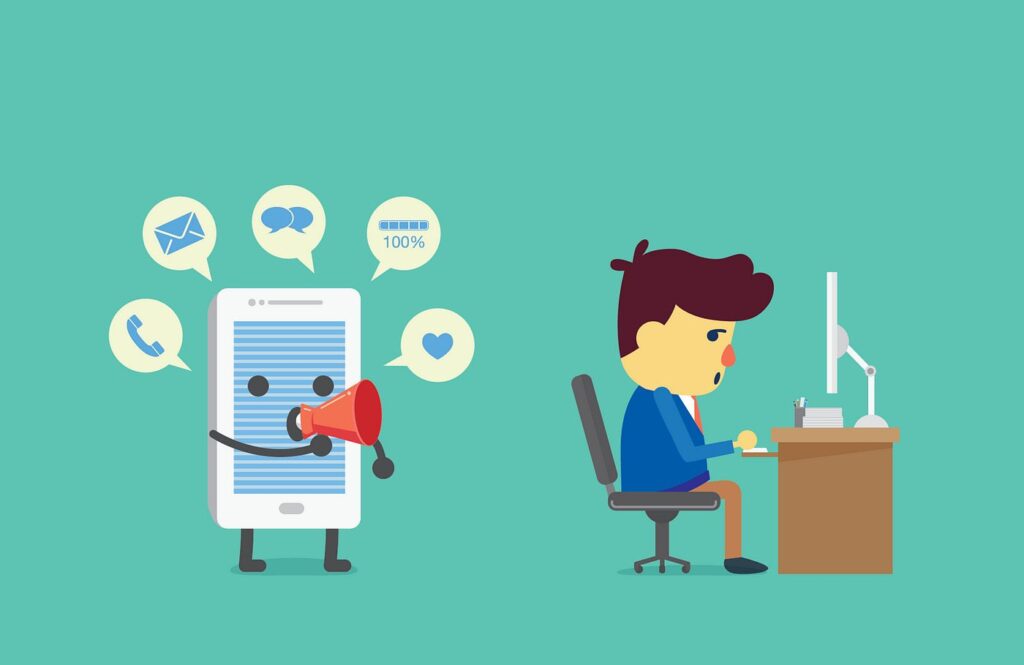
Beyond its psychological effects, social media also influences cognitive processes such as attention, memory, and decision-making. To understand how a break from social media can improve mental health, it’s crucial to explore the cognitive consequences of constant engagement with these platforms.
Attention and Focus
Social media platforms are designed to capture and hold attention through short bursts of content. This constant bombardment of stimuli can fragment attention and reduce the ability to focus on tasks that require sustained concentration. Cognitive psychologists have long recognized that the brain’s ability to switch between tasks is limited, and multitasking can reduce overall cognitive efficiency. The term “attention residue” describes the phenomenon where part of your attention remains on a previous task, making it difficult to fully engage with the next one.
Taking a break from social media allows individuals to regain control over their attention. By reducing the constant distractions from notifications and updates, people can improve their focus and productivity. Thus, can a break from social media improve mental health by enhancing cognitive functioning? The evidence suggests it can, especially in terms of improving attention and reducing cognitive overload.
Memory and Learning
The way we consume information on social media may also affect our memory and learning processes. The rapid consumption of fragmented information can lead to shallow processing, where information is not encoded deeply into memory. This can make it difficult to retain important details and may contribute to a sense of cognitive overload.
Moreover, the continuous stream of information can interfere with the brain’s natural consolidation processes, which are crucial for long-term memory. Without sufficient breaks from the influx of new content, the brain may struggle to transfer information from short-term to long-term memory effectively. In this context, can a break from social media improve mental health by aiding memory consolidation? The answer appears to be yes, as stepping away from social media can allow the brain to process information more effectively.
Theoretical Frameworks: Why a Break from Social Media Might Work
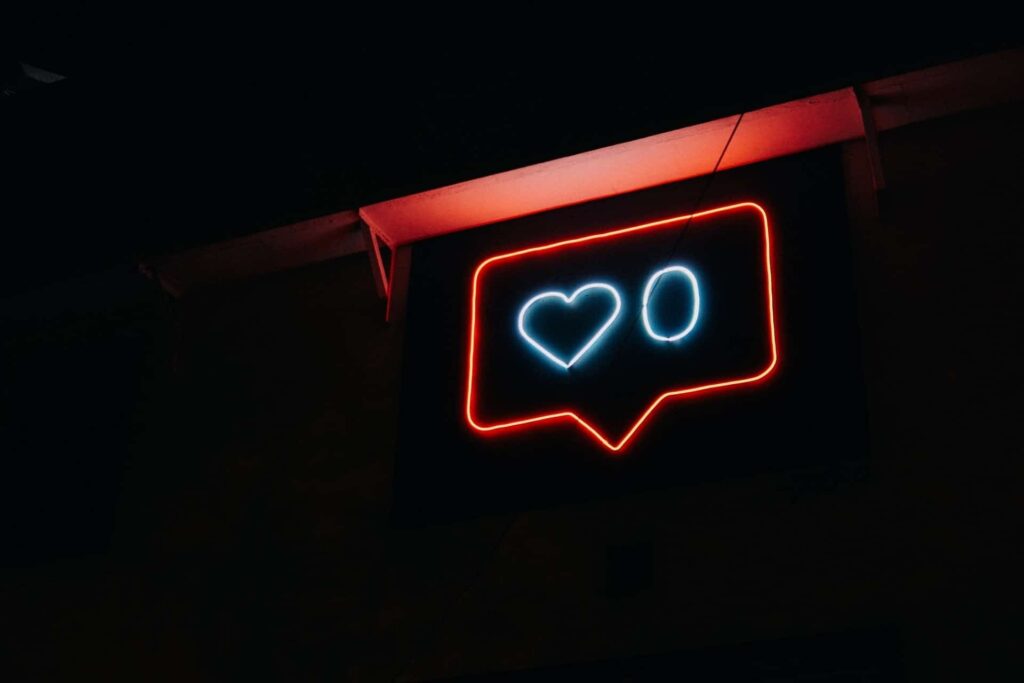
Several psychological and cognitive theories can help explain why taking a break from social media might improve mental health. Understanding these frameworks can provide a deeper insight into how and why this intervention might be effective.
The Cognitive-Behavioral Model
The cognitive-behavioral model of mental health posits that thoughts, behaviors, and emotions are interconnected. Negative thinking patterns, such as those fostered by social comparison on social media, can lead to negative emotions and behaviors. For instance, seeing others’ seemingly perfect lives may trigger thoughts of inadequacy, leading to feelings of depression and withdrawal from real-life social interactions.
A break from social media can interrupt this cycle by reducing exposure to negative stimuli, allowing individuals to reframe their thoughts in a more positive light. By changing their behavior—namely, stepping away from the platform—they may also experience improved emotions and mental health. This supports the idea that can a break from social media improve mental health? The cognitive-behavioral model would suggest that it can.
The Social Capital Theory
Social capital theory suggests that social connections provide resources and support that can enhance well-being. However, not all social connections are created equal. The superficial interactions on social media may not provide the same level of emotional support as face-to-face relationships. In fact, the pressure to maintain a large number of online connections can lead to social exhaustion.
Taking a break from social media can help individuals focus on more meaningful relationships, which are associated with better mental health. By redirecting attention to in-person connections, people can build stronger, more supportive networks that contribute positively to their well-being. In this sense, can a break from social media improve mental health? From the perspective of social capital theory, it can, by fostering more meaningful connections.
The Habit Loop Theory
The habit loop theory, rooted in behavioral psychology, explains how habits are formed through a loop of cue, routine, and reward. Social media use can become a habit when the cue (e.g., boredom or stress) triggers the routine of checking social media, which is then rewarded by dopamine hits from likes, comments, or interesting content. Over time, this habit can become deeply ingrained, even if it has negative effects on mental health.
Breaking the habit of constant social media use requires disrupting the habit loop. A break from social media can serve as an opportunity to reset the loop, replacing the routine of checking social media with healthier activities, such as exercising, meditating, or spending time with loved ones. By doing so, individuals may find that their mental health improves as they break free from the addictive cycle of social media. Thus, the answer to can a break from social media improve mental health can be understood through the lens of habit loop theory.
Real-World Evidence: What Happens When People Take a Break?
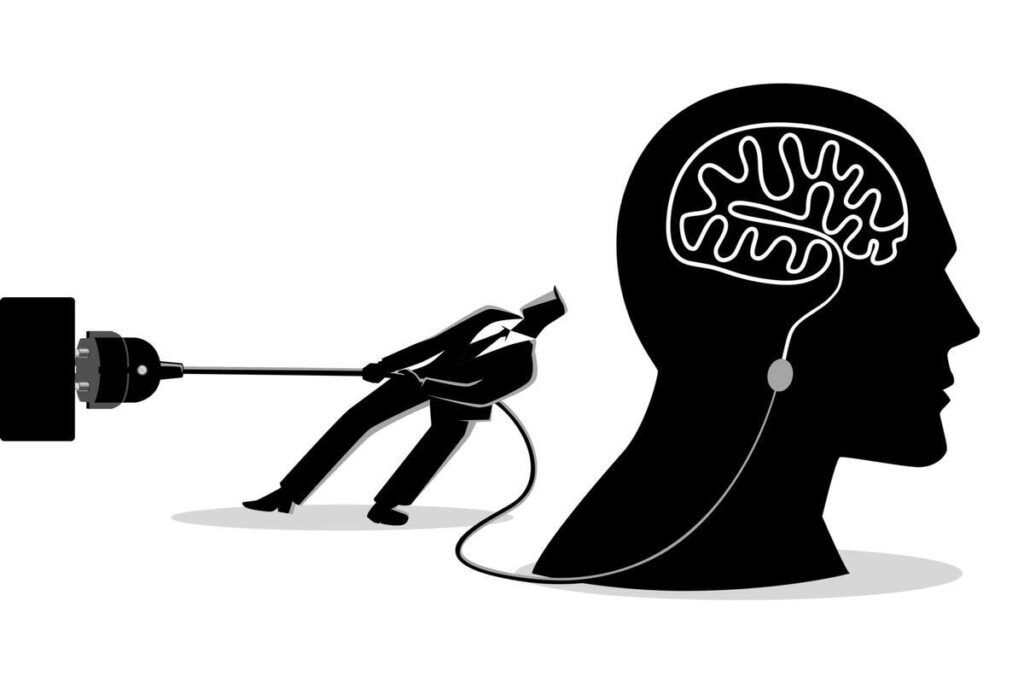
While theories provide a framework for understanding the potential benefits of taking a break from social media, real-world evidence offers practical insight. Several studies and anecdotal reports shed light on the effects of such breaks.
The Digital Detox Movement
The concept of a “digital detox,” or temporarily disconnecting from all digital devices, including social media, has gained popularity in recent years. Many individuals who have participated in digital detox programs report feeling more relaxed, focused, and connected to their surroundings after the break. These personal experiences support the notion that taking a break from social media can have a positive impact on mental health.
For example, participants in a study published in the journal Computers in Human Behavior reported improved mood and life satisfaction after a week-long break from social media. The study found that participants who took a break felt less stressed and more present in their daily lives. This real-world evidence aligns with the question can a break from social media improve mental health? The answer appears to be affirmative, based on the reported benefits of digital detoxing.
Long-Term Benefits
In addition to the immediate positive effects, there may be long-term benefits to reducing social media use. A longitudinal study published in The American Journal of Health Promotion followed participants who reduced their social media use for six months. The study found that these participants not only reported lower levels of anxiety and depression but also showed improved sleep patterns, better interpersonal relationships, and increased engagement in physical activities.
This evidence suggests that the benefits of taking a break from social media may extend beyond short-term improvements in mood and focus. By reducing social media use over an extended period, individuals may experience more profound and lasting changes in their mental health. So, can a break from social media improve mental health in the long term? The evidence indicates that it can.
Practical Tips: How to Take a Break from Social Media
If the question can a break from social media improve mental health resonates with you, and you’re considering taking a break yourself, here are some practical tips for making the most of it:
- Set Clear Boundaries: Decide on a specific duration for your break. It could be a weekend, a week, or even a month. Having a defined time frame can help you stay committed to the break.
- Notify Your Network: Let your friends and family know that you’re taking a break. This can reduce the pressure to stay connected and help others understand why you might not be responding to messages.
- Find Alternatives: Replace social media time with other fulfilling activities. Whether it’s reading a book, exercising, or practicing mindfulness, having alternatives in place can make the transition easier.
- Limit Notifications: If a complete break feels too challenging, consider reducing your use by limiting notifications. Turning off push notifications can reduce the compulsion to check your phone.
- Reflect on Your Experience: After your break, take some time to reflect on how you feel. Did your mental health improve? Are there aspects of social media you want to engage with differently moving forward?
Conclusion: Can a Break from Social Media Improve Mental Health?
After examining the psychological, cognitive, and real-world evidence, it’s clear that taking a break from social media can indeed improve mental health. By reducing exposure to social comparison, anxiety-inducing content, and cognitive overload, individuals can experience improved mood, better focus, and enhanced well-being.
The theoretical frameworks, such as cognitive-behavioral theory, social capital theory, and habit loop theory, all support the notion that reducing or eliminating social media use can lead to positive mental health outcomes. Real-world evidence, including studies on digital detoxing and long-term reductions in social media use, further bolsters this conclusion.
Ultimately, the question can a break from social media improve mental health can be answered with a resounding yes. Whether you’re struggling with anxiety, depression, or simply feeling overwhelmed by the constant barrage of information, taking a step back from social media may be a valuable step toward better mental health.
